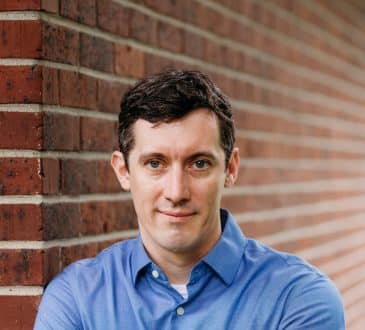New Business Creation Boomed During the Pandemic: Challenges and Opportunities for Today’s Business Leaders
Something exciting happened starting in June 2020: far more new businesses were formed than before the pandemic. Business applications were 83 percent higher from June 2020 through October 2021 than in the ten years before the pandemic. Usually, we think that a recession causes people to delay or discard ideas...



